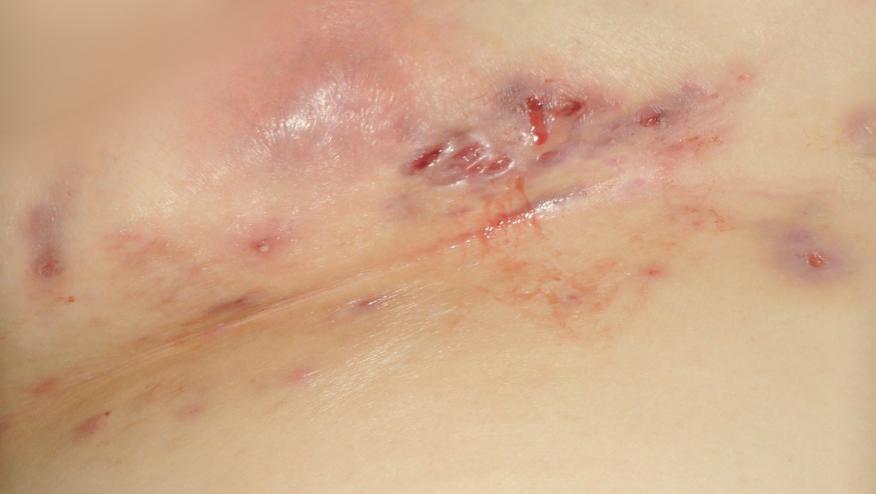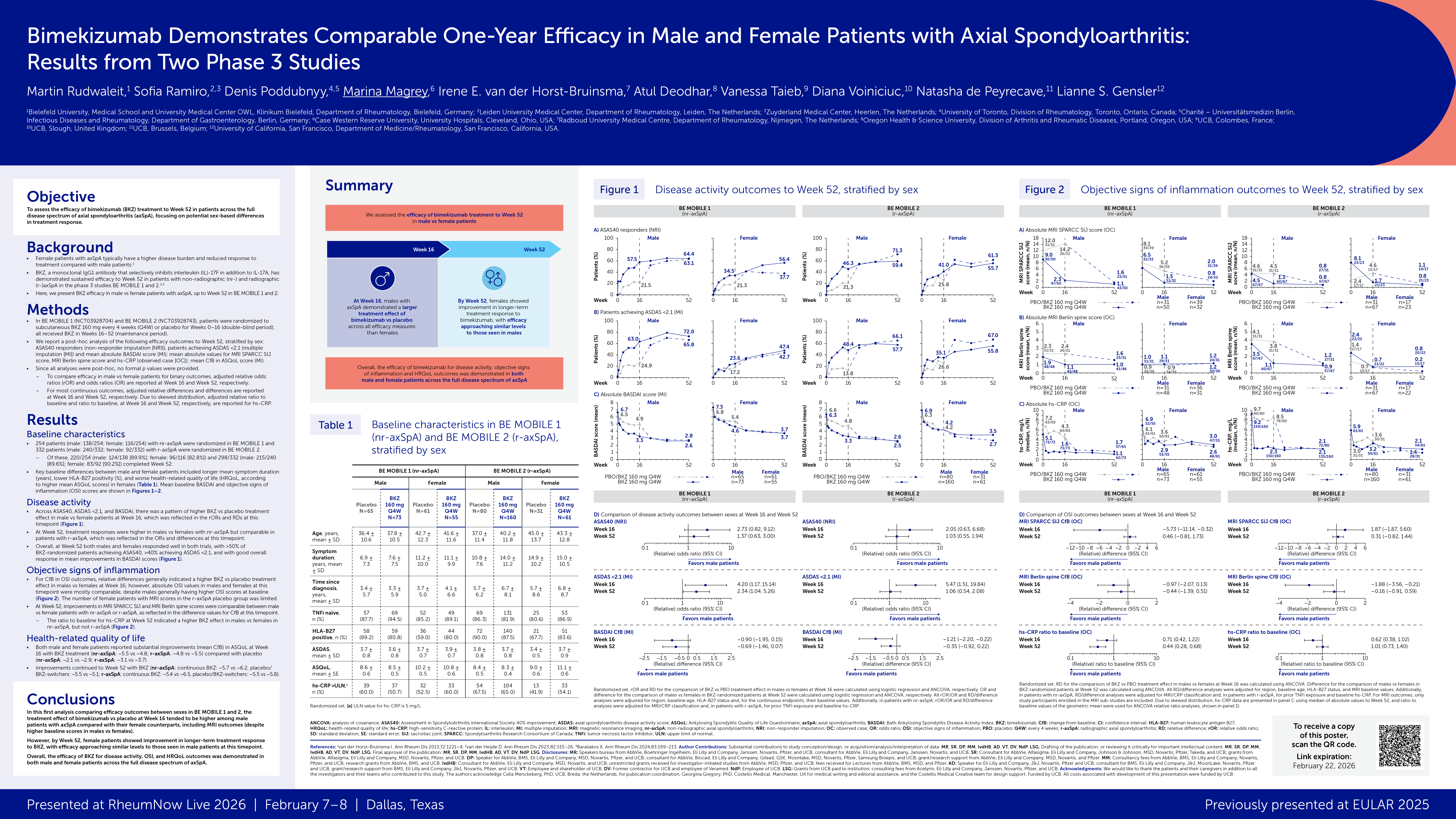Inflammatory Arthritis and Hidradenitis Suppurativa Save

Hidradenitis suppurativa (HS) (also called acne inversa), is a chronic inflammatory skin disorder affecting apocrine gland-bearing skin in the axillae, groin, and under the breasts and is characterised by persistent or recurrent and painful boil-like nodules and abscesses. HS is associated with significant comorbidities, including chronic inflammatory arthritis.
A 2021 meta-analysis of 7 studies (200,361 HS patients and 385,599 controls), showed that HS patients have an increased risk for inflammatory arthritis (OR 3.44; 95% CI, 1.92–6.17). Other inflammatory associations were seen between HS and spondyloarthritis (SpA) (OR, 2.10; 95% CI, 1.40–3.15), and axial SpA (OR 1.89; 95% CI, 1.14–3.12), and RA (OR, 1.96; 95% CI, 1.28–2.98).
Other studies have corroborated these findings. A 2020 population-based cohort study of 70,697 HS patients and 141,412 matched controls showed increased risk for ankylosing spondylitis (HR 1.65; 95% CI, 1.15-2.35), PsA (HR, 1.44; 95% CI, 1.08-1.93), and RA (HR, 1.16; 95% CI, 1.03-1.31). A 2018 cross-sectional study also found more SpA pts among those with HS vs controls (28.2% vs 2.6%; OR, 11.0; 95% CI, 4.1-83.3; P =.02). Moreover, finding HLA-B27 in HS increased the odds of a SpA diagnosis.
Adalimumab was first and only biologic to be FDA approved for use in HS. And while TNF inhibitors have shown efficacy in HS, other biologics, like IL-17 inhibitors, are in clinical trials. Oddly there are also examples of paradoxical reactions wherein psoriasis and psoriatic arthritis taking adalimumab developed adalimumab-induced hidradenitis suppurativa.











If you are a health practitioner, you may Login/Register to comment.
Due to the nature of these comment forums, only health practitioners are allowed to comment at this time.